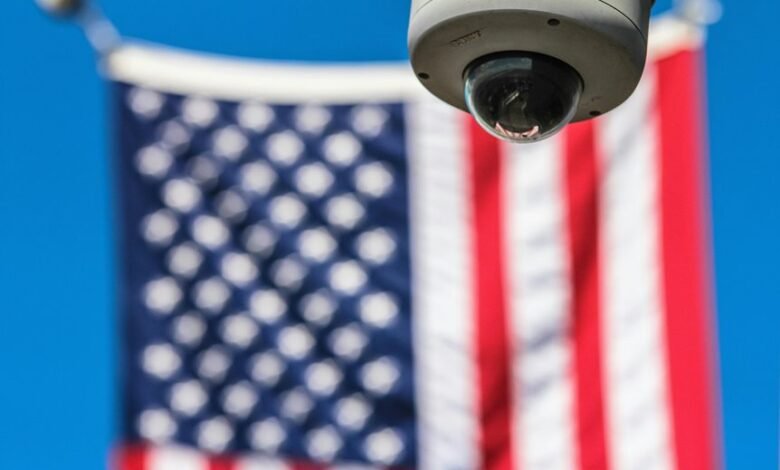Caller Regulation Intelligence Surveillance Tracking Unit 3275236144 3332017739 3481981154 3509009600 3509163401 3276919460

The Caller Regulation Intelligence Surveillance Tracking Unit, identified by several key numbers, plays a pivotal role in monitoring telecom communication patterns. Utilizing advanced technologies, these units enhance operational transparency but also provoke significant privacy and ethical dilemmas. As they face regulatory scrutiny, the challenge arises: how can they maintain security without infringing on personal privacy rights? This complex interplay between surveillance and ethical standards warrants further exploration.
Understanding Caller Regulation Intelligence Surveillance Tracking Units
While the implications of Caller Regulation Intelligence Surveillance Tracking Units (CRISTUs) continue to evolve, understanding their foundational principles is crucial for evaluating their impact on communication privacy and security.
CRISTUs utilize advanced caller identification methods to monitor and analyze communication patterns, raising significant data protection concerns.
This surveillance technology challenges individual privacy rights and demands careful scrutiny to ensure a balance between security interests and personal freedoms.
The Role of Tracking Units in Telecommunications
The integration of Tracking Units within telecommunications networks plays a pivotal role in monitoring and managing communication flows.
As telecom innovations progress, these units face significant regulatory challenges, necessitating a balance between efficiency and oversight.
Their functionality enhances operational transparency while addressing compliance requirements, ultimately shaping the landscape of telecommunications.
This evolution is crucial for maintaining integrity in an increasingly connected world.
Privacy Concerns and Ethical Implications
Often overlooked, privacy concerns and ethical implications emerge as critical issues in the deployment of Caller Regulation Intelligence Surveillance Tracking Units.
The integration of such technologies raises significant ethical dilemmas, particularly regarding data security and individual freedoms.
Stakeholders must navigate the tension between enhanced surveillance capabilities and the preservation of personal privacy rights, ensuring that ethical standards guide their implementation and operation.
The Future of Surveillance and Personal Privacy
As advancements in surveillance technology continue to evolve, the intersection of surveillance and personal privacy becomes increasingly complex.
Biometric security systems enhance identification accuracy but raise significant privacy concerns.
Meanwhile, data encryption offers a safeguard against unauthorized access, yet its effectiveness can be undermined by pervasive surveillance techniques.
Balancing these elements is crucial for preserving individual freedoms in an increasingly monitored society.
Conclusion
In the intricate web of telecommunications, the Caller Regulation Intelligence Surveillance Tracking Unit operates like a double-edged sword, balancing security and privacy. Much like a skilled tightrope walker, the unit must navigate regulatory challenges while ensuring ethical standards are upheld. As technology evolves, the delicate act of monitoring communication patterns may become increasingly complex, prompting a critical examination of the boundaries between safeguarding society and respecting individual rights. The future hinges on finding equilibrium in this ongoing struggle.



